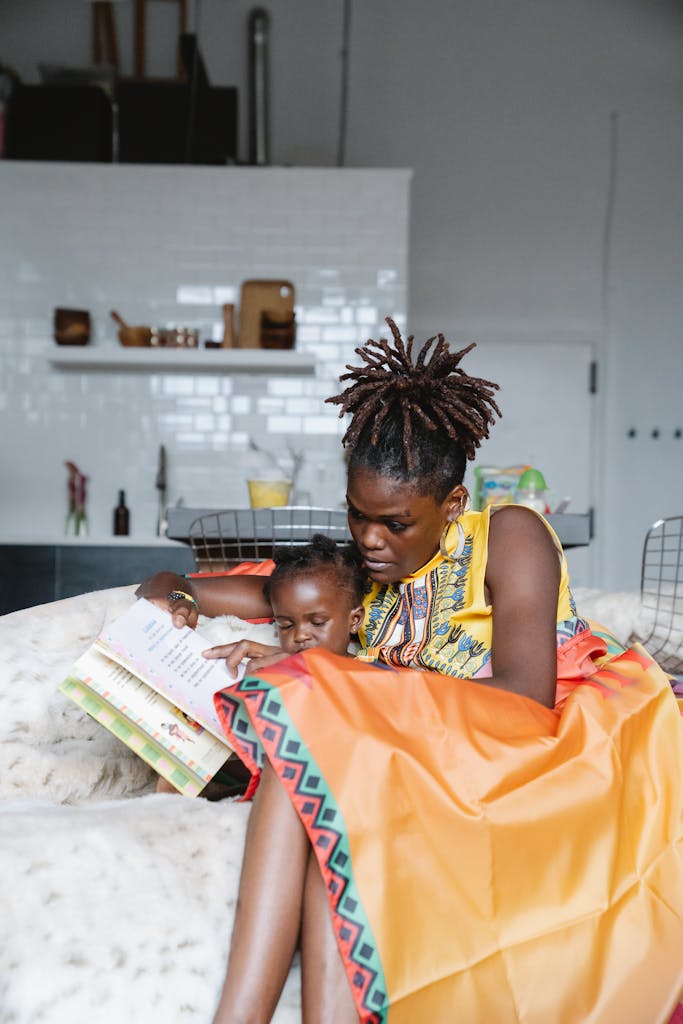Practical Feminism
In Southern Africa, women face a myriad of challenges that hinder their empowerment and hinder progress towards gender equality. These challenges are often intersectional, meaning that they are influenced by multiple factors such as race, class, and ethnicity. Practical Feminism can help. It is crucial to understand and address these unique challenges in order to implement effective strategies for empowering women in the region.
As a feminist man, I believe in the importance of intersectionality in understanding the experiences of women in Southern Africa. Women in this region often face discrimination and marginalization not only based on their gender but also due to their race or ethnicity. This intersectionality compounds the barriers they face, making it even more difficult for them to access opportunities and resources.
By recognizing and addressing these intersectional challenges, we can develop practical strategies to empower women in Southern Africa. This requires a comprehensive approach that takes into account the various factors that contribute to gender inequality. It means understanding that different women face different barriers and tailoring our interventions accordingly.
***Feminism***
Implementing practical strategies to empower women in the region.
Feminism is not just a theoretical concept; it is a practical approach to addressing gender inequality and empowering women. In Southern Africa, a feminist approach is crucial in order to dismantle the systemic barriers that hold women back and ensure their full participation in society.
One of the key areas where a feminist approach is needed is in addressing gender-based violence. Gender-based violence perpetuates gender inequality and hinders women’s empowerment. It is a pervasive issue in Southern Africa, with high rates of domestic violence and sexual assault. A practical feminist approach involves not only providing support and resources for survivors but also challenging the societal norms and attitudes that perpetuate violence against women.
Another important aspect of a feminist approach is economic empowerment. Women in Southern Africa often face significant economic barriers, including limited access to employment, unequal pay, and lack of financial resources. By promoting feminism as a means to empower women economically, we can work towards creating more inclusive and equitable economic systems. This includes advocating for policies that promote equal pay, supporting women-owned businesses, and providing training and resources for women to develop their skills and pursue economic opportunities.
Education is another crucial area where a feminist approach is needed. Education is a powerful tool for empowering women and breaking the cycle of poverty. However, many girls in Southern Africa still face barriers to accessing education, including cultural norms, early marriage, and lack of resources. By investing in education and skill development programs, we can help women and girls in the region achieve economic independence and improve their overall well-being.
Lastly, political representation is a key aspect of feminist empowerment. Women in Southern Africa are underrepresented in political leadership positions, which limits their ability to influence decision-making processes and advocate for their rights. Increasing women’s political representation is crucial for achieving gender equality and ensuring that women’s voices are heard in shaping policies and laws that affect their lives.
In conclusion, empowering women in Southern Africa requires a practical feminist approach that takes into account the unique challenges faced by women in the region. By addressing intersectionality, tackling gender-based violence, promoting economic empowerment, investing in education and skill development, and increasing political representation, we can work towards creating a more equitable and inclusive society. As a feminist, I am committed to advocating for these strategies and working towards a future where all women in Southern Africa can thrive and reach their full potential.







